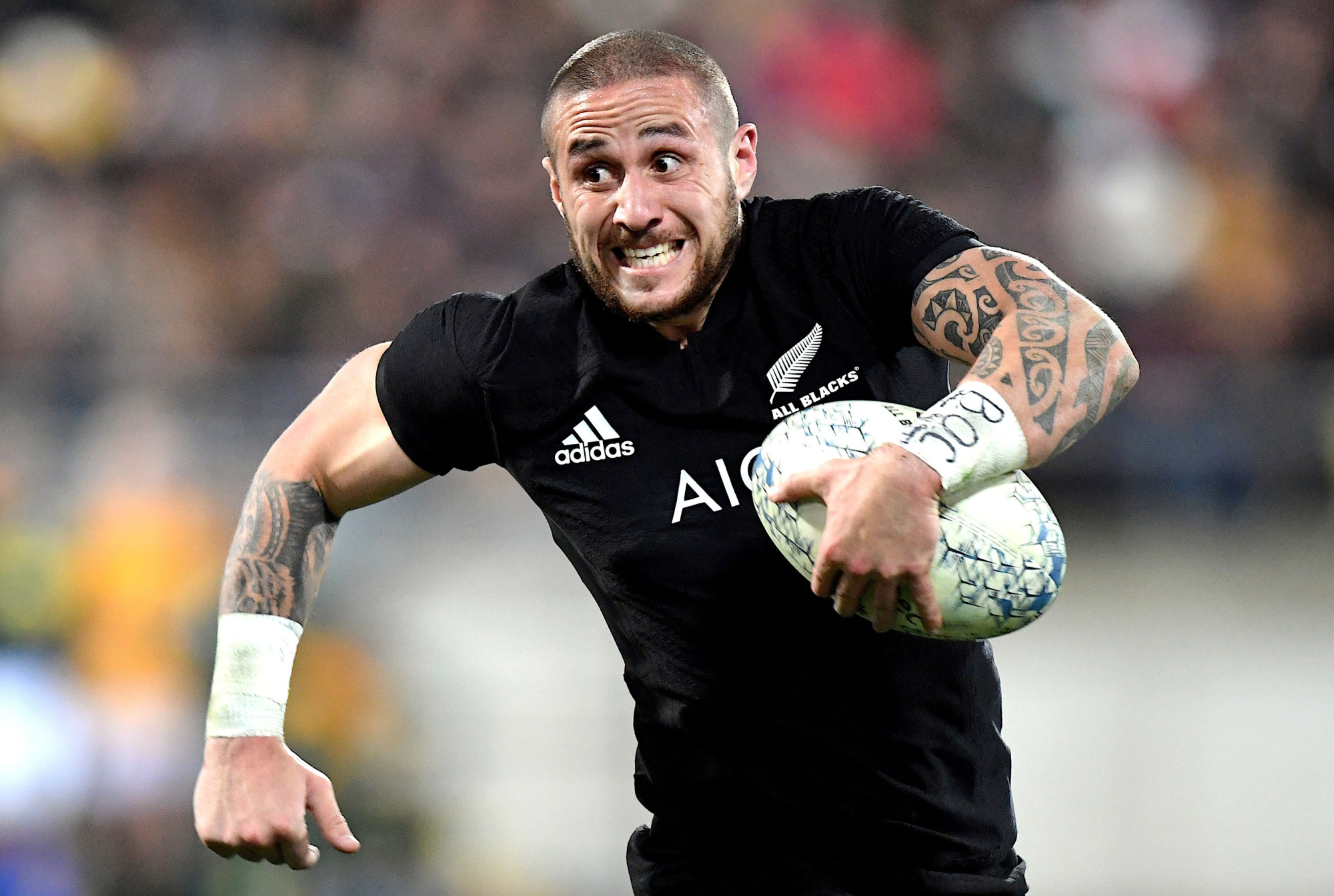World Rugby has advised both players and supporters to cover up tattoos during the 2019 Rugby World Cup to avoid causing offense to their hosts.
In Japan, tattoos have long been associated with members of yakuza crime syndicates and tattooed visitors can often find themselves banned from gyms and the more traditional hot-spring bathhouses.
"We have done a lot in the last year or so with the teams to get them to understand that," tournament director Alan Gilpin told the British press before he left for Japan's one-year-countdown celebrations on Thursday.
"When we raised it a year or so ago we were probably expecting a frustrated reaction from teams, and there hasn't been at all. That is a great tribute to the sport itself and to the rugby players themselves," Gilpin said. "They all also buy into the idea of putting on a rash vest in the pool or in a gym as they want to respect the Japanese culture. If they are using a public pool they will have to cover up."
Gilpin stated that "players will also have to wear different trainers indoors and outdoors, (but) it will all be self-policing. We won't force any teams to cover up but they will want to because they want to be seen to be respecting the culture."
"We will make (Japanese) people aware around the facilities that players will use in the country that people with tattoos in a Rugby World Cup context are not part of the yakuza, the Japanese mafia," he said.
Tattoos are common among players, especially those with Pacific Island heritage, with the likes of All Blacks Sonny Bill Williams, T.J. Perenara, Aaron Smith and Codie Taylor boasting intricate designs on the arms and torsos.
New Zealand Rugby said its players will be made aware of cultural sensitivities before they visit Japan for a Bledisloe Cup test next month and the World Cup next year.
"When any of our teams tour we endeavor to be respectful of the local customs and culture, and this will be no different when we visit Japan both this year and next year," New Zealand Rugby's Nigel Cass told local media.
Education of and engagement with Japan's culture is being treated with the high importance by many teams in the build-up to next year's showpiece.
The Welsh Rugby Football Union has already run two training camps with Japanese coaches at its training base in Kitakyushu.
England head coach Eddie Jones, who spent four years in charge of the Japan national team, has told his coaching staff to learn some basic Japanese before the tournament starts.




















With your current subscription plan you can comment on stories. However, before writing your first comment, please create a display name in the Profile section of your subscriber account page.